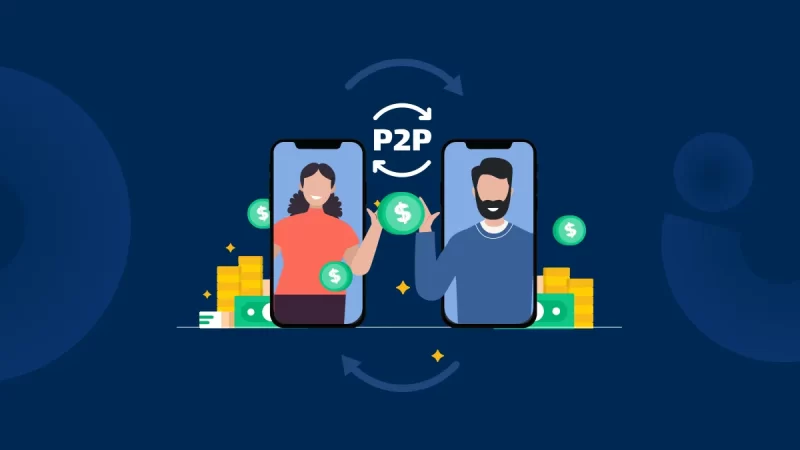Personal Loan Criteria and Requirements

The basic eligibility criteria for personal loans are your credit score, debt-to-income ratio, and length of employment. You will also need to show adequate identification such as a driver’s license or passport, and a Social Security card. These requirements vary from lender to lender, but they all depend on your credit rating. Be sure to check your credit report before applying for a loan, since any adverse marks on your credit report will lower your approval chances.
Using a co-signer can increase your chances of approval, but they must also be financially stable and have a good credit score. While it may sound easy to get a loan with low credit scores and a high DTI ratio, it can be difficult to secure a favorable interest rate. However, by understanding personal loan eligibility, you can better prepare for future loan applications and obtain a better rate. The following are some common personal loans criteria and their requirements.
Income and credit history: Most lenders require proof of income and employment. You can provide your W-2s, paystubs, and tax returns as proof of your income. If you’re self-employed, your salary stubs and DTI ratio will also prove your employment status. Other reasons for needing money include unforeseen medical expenses, a wedding, or a new car. If you have a good credit score and a high DTI ratio, you’ll likely be approved for a personal loan.
Income and employment history are also vital factors in personal loan eligibility. Although the criteria listed above may seem lenient, banks will look at other factors, such as income levels and employment stability, to determine if you’ll be able to repay the loan. If you have a poor credit score or an unstable employment history, your chances of approval may be very slim. But by taking the time to understand the personal loan eligibility criteria, you can find the perfect personal loan for you and get the funds you need.
The most important personal loan criteria is your credit score. Your score, also known as CIBIL, is a reflection of your past and current credit history. You must have a credit score of 600 or higher to qualify for a personal loan, otherwise you will be turned down for a loan. If your credit score is low, it will affect your eligibility for a loan and will make it impossible to repay. But if your income is high, your application will be rejected.
Your income and employment history are other personal loan criteria. You need to show that you have an income, but don’t let this limit discourage you from applying. Having a stable income is crucial, as it will help you avoid financial hardship. Your employment history can also impact your ability to repay the loan. If it’s unstable, you may need to seek out a different lender that has lower income and employment requirements. A successful application will make the process easier for both you and the lender.






